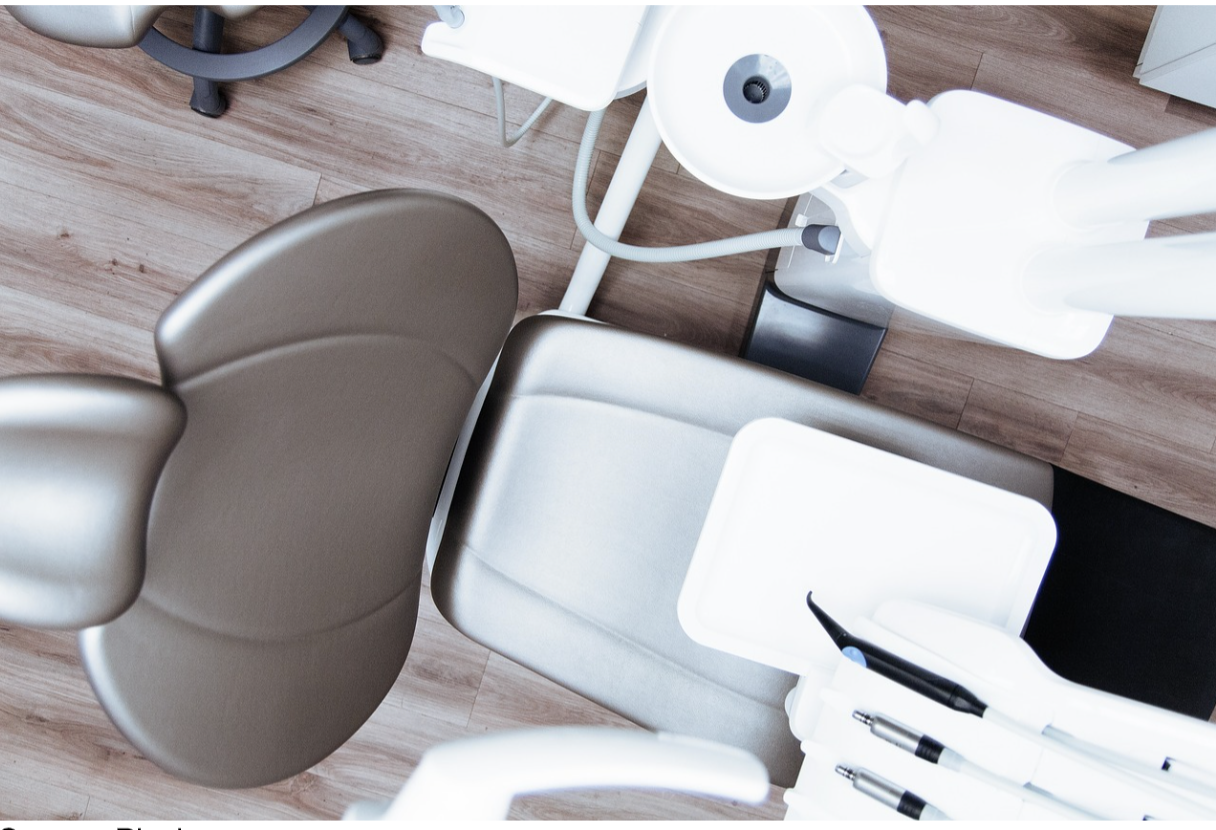AI technology is starting to have a real impact in dental practices. Many of us
might worry about whether it will take over our jobs, but that’s not what's
happening here. Instead, AI is helping dentists provide even better care to their
patients by assisting with diagnostics, making day-to-day tasks easier, and
improving efficiency, all while keeping the human element front and center.
AI in Diagnostics and Treatment
One of the biggest ways AI is helping is with diagnostics. Imagine having the
ability to spot cavities or dental issues years before they would typically show up
on an x-ray. AI tools can do just that, helping dentists catch problems early and
treat them more effectively. This means fewer invasive treatments for patients and
a greater chance to maintain healthy teeth. AI tools can also simulate how treatments like braces will change a patient's teeth, making it easier for both the dentist and patient to plan the best course of action
Streamlining Daily Operations
Another huge benefit is how AI can automate routine tasks like scheduling
appointments, managing billing, and even following up with patients. These are
necessary but time-consuming parts of running a dental practice. By letting AI
handle these, dentists can focus more on their patients and less on the paperwork. This doesn’t mean jobs are being lost — it’s more about making sure that time is used where it really matters on patient care
Supporting, Not Replacing, Dentists
Dentistry is more than just identifying cavities or fitting braces. It’s about
understanding a patient's needs, building trust, and providing personalized care. AI can’t do that. What it can do is support dental professionals with data and
insights, but the final decisions and patient relationships are still in the hands of
the dentist. AI lacks empathy, creativity, and the human touch, which is why it’s a
tool to assist, not replace
Keeping Patients Engaged
AI is also being used to help patients stay engaged in their care. With AI apps,
patients can send photos of their teeth for monitoring between visits, allowing their dentist to spot issues early without needing an in-office visit. This makes it easier for patients to stay on top of their oral health and can reduce the need for
emergency appointments
AI is playing a supportive role in dental care — helping with diagnostics,
streamlining workflows, and keeping patients engaged — but it isn’t taking over.
Dentists are still at the heart of the care experience, using these tools to make
their job easier and their patient care better.
